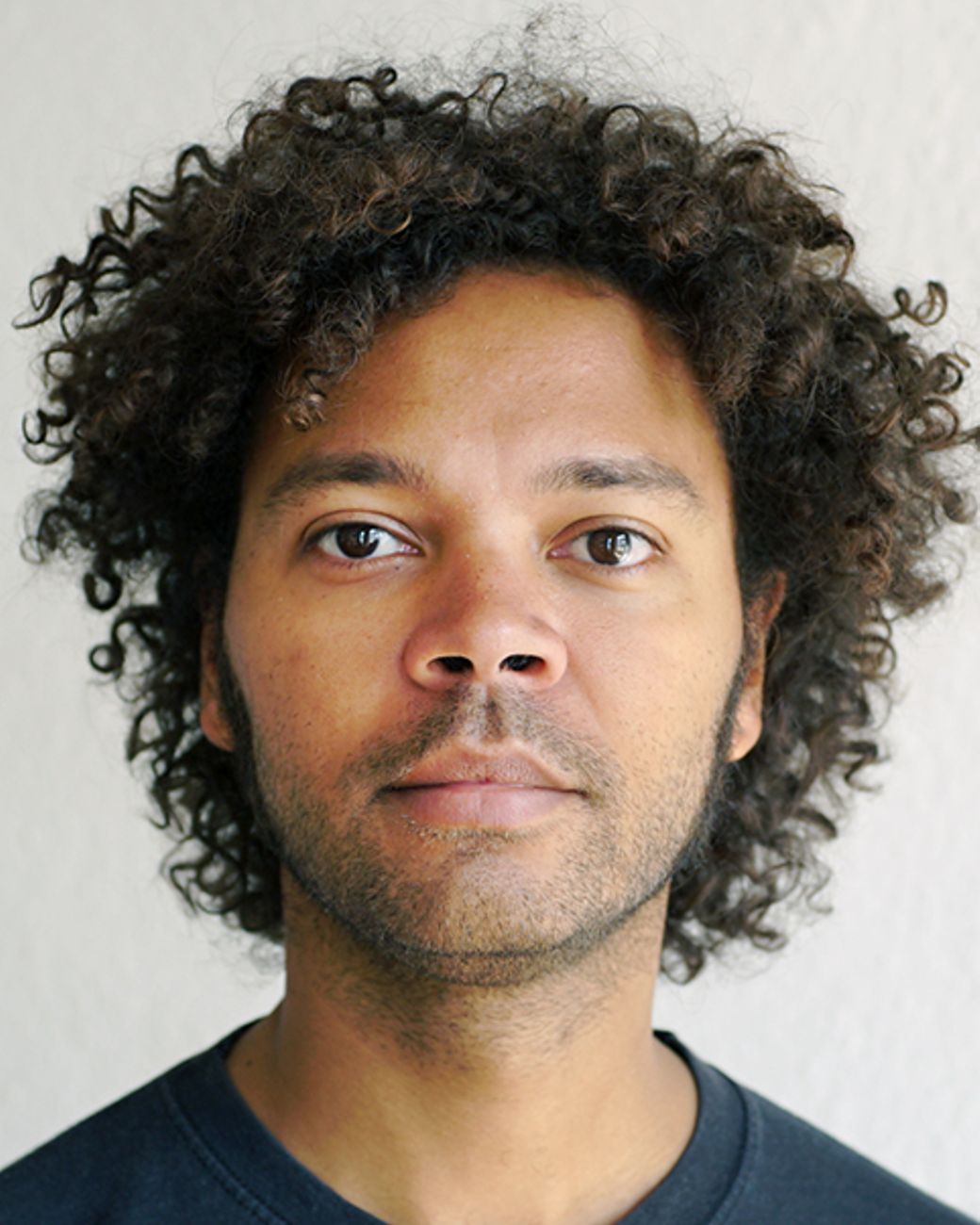Meet Jide Tom Akinleminu, Our 2018 Kompagnon Fellow
The Danish-Nigerian filmmaker on family secrets and how the Kompagnon Fellowship helped him develop his upcoming documentary.
The Kompagnon Fellowship was established by Berlinale Talents and Perspektive Deutsches Kino to support two directors or screenwriters living and working in Germany. Director and cinematographer Jide Tom Akinleminu participated at Berlinale Talents in 2015 and at the Doc Station in 2018 with his project When a Farm Goes Aflame, the Flakes Fly Home to Bear the Tale, which won him the Kompagnon Fellowship. At the Doc Station, he was able to connect with other filmmakers and found a German producer for his project.
Tom’s creative documentary takes place as long-held family secrets start to surface. The son of a Nigerian father and a Danish mother, Tom learns that his father actually has two different families. Spread out over three different continents, Europe, Africa and North America, his family members serve as the film’s main characters.

Q: You were awarded the Kompagnon Fellowship at Berlinale Talents last year. How did it support you in your work?
First of all, the main support is the acknowledgement itself – the fact that somebody sees that your project has the potential to be a great film. In addition, the monetary part of the award is a financial relief because it means that you can continue to work for a while without having to worry about things like the rent and other living expenses. What’s also great is that I was able to secure some editing consultancy and legal counselling.
Q: You received the fellowship to develop a very intimate story about your family – you discovered that your father has another family back in Nigeria. How do you approach such a personal subject?
I actually found out about my father’s second family when I was working on my former film, Portrait of a Lone Farmer, which focuses on the theme of solitude, with my father as the main character. When we were about to finish, those different realities of my family suddenly came to the surface. That inspired me to make a new film – partly I felt that the first film was wrong and that I had to do it again to tell the true story. That’s also why the film has the title When a Farm Goes Aflame, the Flakes Fly Home to Bear the Tale. It’s a Nigerian saying which means: “Nothing can be hidden forever”.
Q: You grew up in a town in Nigeria and moved to Denmark at the age of 10. How does your cultural background influence your work?
My cultural background has been my work so far, at least as a documentary director. It has been the inspiration, the core and the reason for both film projects. It’s something that I am very grateful for, and it’s a treasure trove for stories.
I’m looking forward to doing more future projects outside the realm of my own family. It would be interesting to see how my cultural background would influence a documentary that I might shoot in Poland, for example.
Q: What are your struggles as a filmmaker in the industry?
I think everyone in this industry experiences struggles. Mainly it’s about finding funding and a support network to create the work “comfortably”. And when I say “comfort,” I’m not speaking about the luxury of having a better camera, a better salary or a better car. I mean the basic infrastructure of having a workplace and having time to do the work.
At Berlinale Talents, my personal struggle at the Doc Station was putting something into words that needs to be experienced audiovisually. I guess it comes as no surprise that some talented people from the visual field are not good with words, because if they were, they might have become writers instead.
Q: This year’s Berlinale Talents theme is “Mistakes.” Do you have any stories that would fit this theme?
I think we all have many stories to tell because we make mistakes all the time and they present themselves to us…two times! Shortly before we make them and then when they are out in the open – that’s when we’re sure that they’re mistakes.
Nevertheless, we continue to make them, because we want to take the risk and hope that it will work out in the end. All in all, I think the idea is to try to not regret our mistakes and to learn from them.
To learn more about Tom’s work, check out his website
Interview: Jennifer Leja and Dingnan Yao